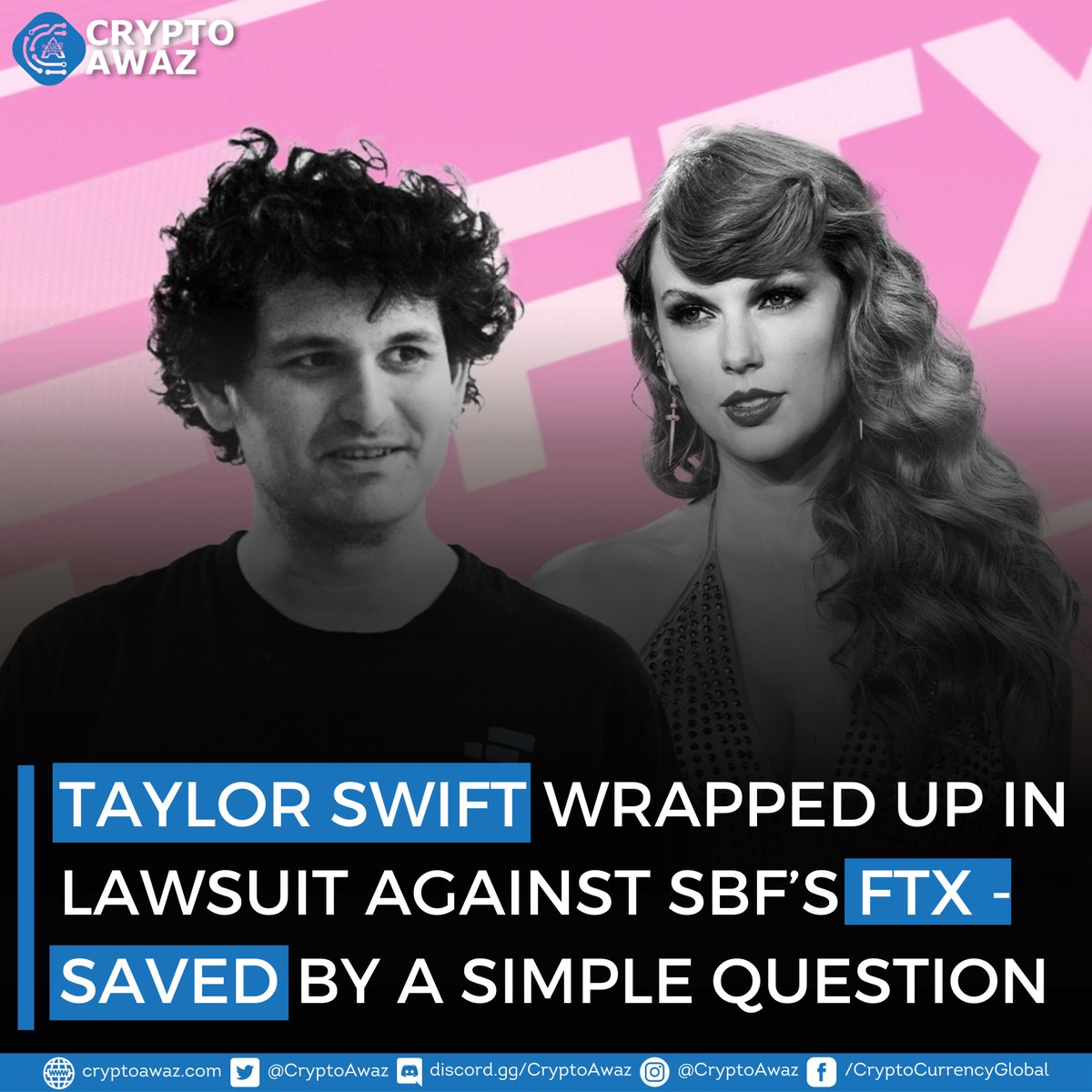Crypto wallet provider revealed on April 22 that the vulnerability affected wallets generated by its browser extension between Nov. 14 – 23, 2022. An unnamed security researcher reported the vulnerability in November 2022 through the Trust Wallet bug bounty program. 

The company said it delayed this disclosure to prevent immediate attacks and reduce potential breaches. Despite the delay, the vulnerability was exploited twice and led to a loss of around $170,000.
However, this vulnerability does not affect Trust Wallet mobile app users or those who imported their wallets into the browser extension. It also does not affect those who created new wallet addresses via the extension before Nov. 14 or after Nov. 23, 2022.
Trust Wallet added that the vulnerability was unrelated to the one MyCrypto founder Taylor Monahan reported. Monahand had claimed that about 5000 ETH was stolen from numerous users’ wallets recently.
The wallet service provider has promised to refund the stolen funds of affected users.
#trustwallet #crypto #cryptocurrency #ETH #Ethereum #bitcoin #BTC
#trustwallet #crypto #cryptocurrency #ETH #Ethereum #bitcoin #BTC
• • •
Missing some Tweet in this thread? You can try to
force a refresh

 Read on Twitter
Read on Twitter





